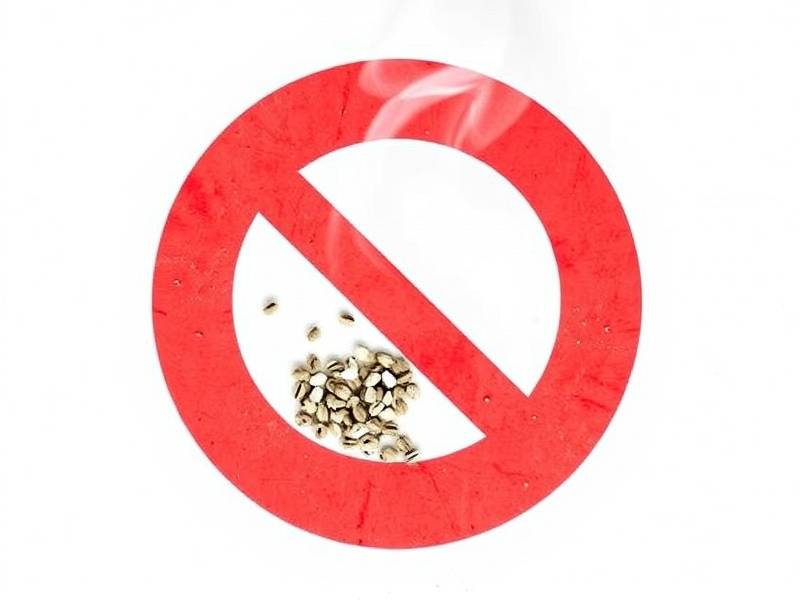How Long Does It Take to Recover from Quitting Smoking? The Truth You Need to Know
"The Journey to Recovery: Understanding the Timeline of Quitting Smoking"
Introduction: Quitting smoking is a significant step towards a healthier life, but it's often accompanied by questions about the recovery process. How long does it take to fully recover from quitting smoking? This article delves into the truth behind the recovery timeline, offering insights and hope for those on this transformative journey.
Understanding the Recovery Process

1. Immediate Benefits The moment you quit smoking, your body begins its recovery process. Within 20 minutes, your heart rate and blood pressure start to decrease. After 12 hours, carbon monoxide levels drop significantly, and your blood oxygen levels begin to normalize.
2. Short-Term Recovery In the first few weeks post-quit, you might experience withdrawal symptoms like cravings, irritability, and mood swings. However, these symptoms are temporary and usually peak within a few days to two weeks.
3. Medium-Term Recovery Within a few months of quitting, you'll notice more substantial improvements. Your lungs start to clear out mucus and debris that were trapped by smoke. Your immune system strengthens, reducing your risk of respiratory infections.

4. Long-Term Recovery Years after quitting, the benefits continue to unfold. The risk of heart disease decreases significantly within one to two years after quitting. Your chances of developing lung cancer also decline over time.
The Truth About Recovery Time
The truth is that recovery from quitting smoking is not linear or uniform for everyone. Factors such as age, overall health, length of time smoked, and individual metabolism can influence how quickly someone recovers.
For some individuals, the withdrawal symptoms may last longer than others. It's also common for people to experience relapses during their quit journey. Each attempt at quitting brings its own set of challenges but also contributes to the overall recovery process.
Supporting Your Journey
Quitting smoking can be challenging without support. Here are some strategies that can help:
- Seek Professional Help: Consult with healthcare providers who specialize in smoking cessation.
- Join Support Groups: Connect with others who are going through similar experiences.
- Use Nicotine Replacement Therapy: Products like patches or gum can help manage withdrawal symptoms.
- Stay Active: Regular exercise can improve mood and reduce cravings.
- Set Realistic Goals: Break down your quit journey into smaller milestones.
Conclusion: The road to recovery from quitting smoking is unique for each individual but is undoubtedly worth every effort. By understanding the timeline and seeking support when needed, you can navigate this journey with confidence and emerge stronger and healthier than ever before. Remember, every step towards quitting is a step towards a better future for yourself and those around you.
